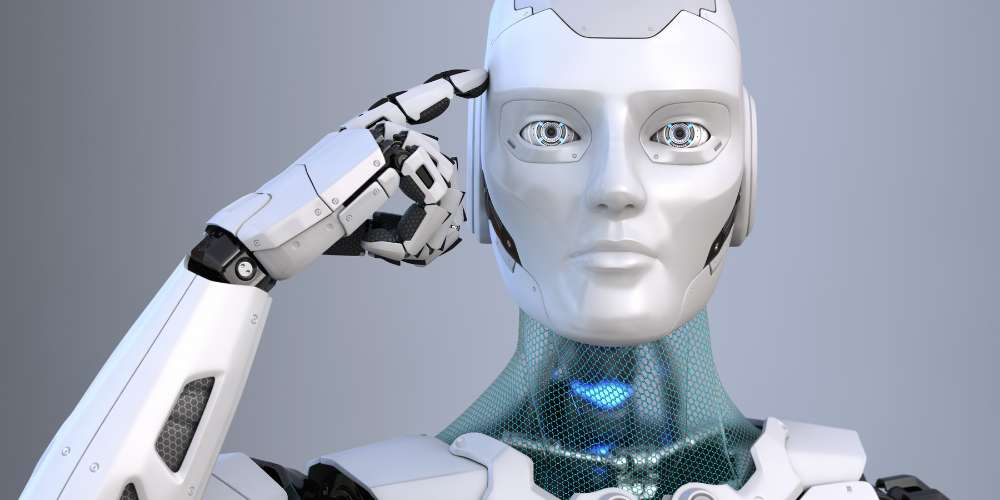AI has done incredible things. It’s streamlined industries, made our lives more efficient, and opened up possibilities we couldn’t have imagined a decade ago.
We’ve Reached A Saturation Point
The relentless hype has dulled the once-thrilling edge of artificial intelligence (AI), turning what was once a groundbreaking field into a repetitive cycle of announcements and updates that feel more like noise than innovation
AI: From Cutting Edge to Cut-and-Paste
Remember when AI felt like the future? It was this mysterious, almost magical force that promised to reshape the world. Now? It’s just another corporate buzzword, wheeled out at every tech conference and product launch like a tired party trick.
It’s not just that every company is talking about AI—it’s that so many are all saying the same thing.
OpenAI releases a new version of GPT, Google tweaks Bard, and Meta dips its toes into generative AI. The details vary, sure, but the overarching narrative is the same: “Look, our AI is slightly better than before!”
What used to inspire awe now elicits eye-rolls. How many more times do we need to hear that this chatbot understands context better or that this algorithm is more efficient? The innovations are starting to feel incremental, not revolutionary.
Stuck in a Loop
Part of the problem is the tech industry’s obsession with milking AI for all it’s worth. It’s a money-maker, a headline-grabber, and a way to convince investors that they’re backing the “next big thing.” But here’s the truth: For most people, these announcements are starting to blur together.
It’s hard to get excited about yet another generative AI tool when they all seem to do the same handful of tasks—write text, generate images, analyze data.
Sure, the technology is improving, but where’s the wow factor? Where’s the leap forward that makes us stop and say, “Now that’s something new”?
What’s Next?
The question no one seems to be asking is: What comes after AI? Don’t get me wrong, AI isn’t going anywhere. It’ll keep evolving, becoming more integrated into our lives. But the hype cycle can’t last forever. Sooner or later, we’ll need something fresh to capture our imagination.
Maybe it’s quantum computing, with its promise of solving problems that even AI can’t touch. Maybe it’s advancements in biotechnology, blending human biology with machine interfaces in ways that make today’s AI look quaint.
Or maybe it’s something we haven’t even conceived yet—a completely new frontier that doesn’t rely on the same tired algorithms and data sets?
Why AI Feels Stale
The problem isn’t just the over-saturation of AI in the market. It’s also the lack of connection to real-world impact. The average person doesn’t care about the technical nuances of transformer models or contextual learning.
But so many of these announcements feel disconnected from reality. How many times have you read about an “AI breakthrough” and thought, “Okay, but how does this actually matter to me?”
The constant stream of hype starts to feel like noise—empty promises that don’t translate into meaningful change.
We need to move beyond the endless parade of AI updates and start looking toward what’s next. Humanity thrives on innovation, yes, but it also thrives on novelty.
We’re hardwired to crave what’s new, what’s exciting, what’s never been done before. And right now, AI feels like yesterday’s news.
It’s time for tech leaders to stop spinning their wheels on minor AI upgrades and focus on the next big leap. Whether it’s a new technology, a new paradigm, or a new way of thinking altogether, we’re ready for it.
AI has had its moment. Now, we need the next revolution—something that reignites our collective sense of wonder and shows us what the future can really look like.







